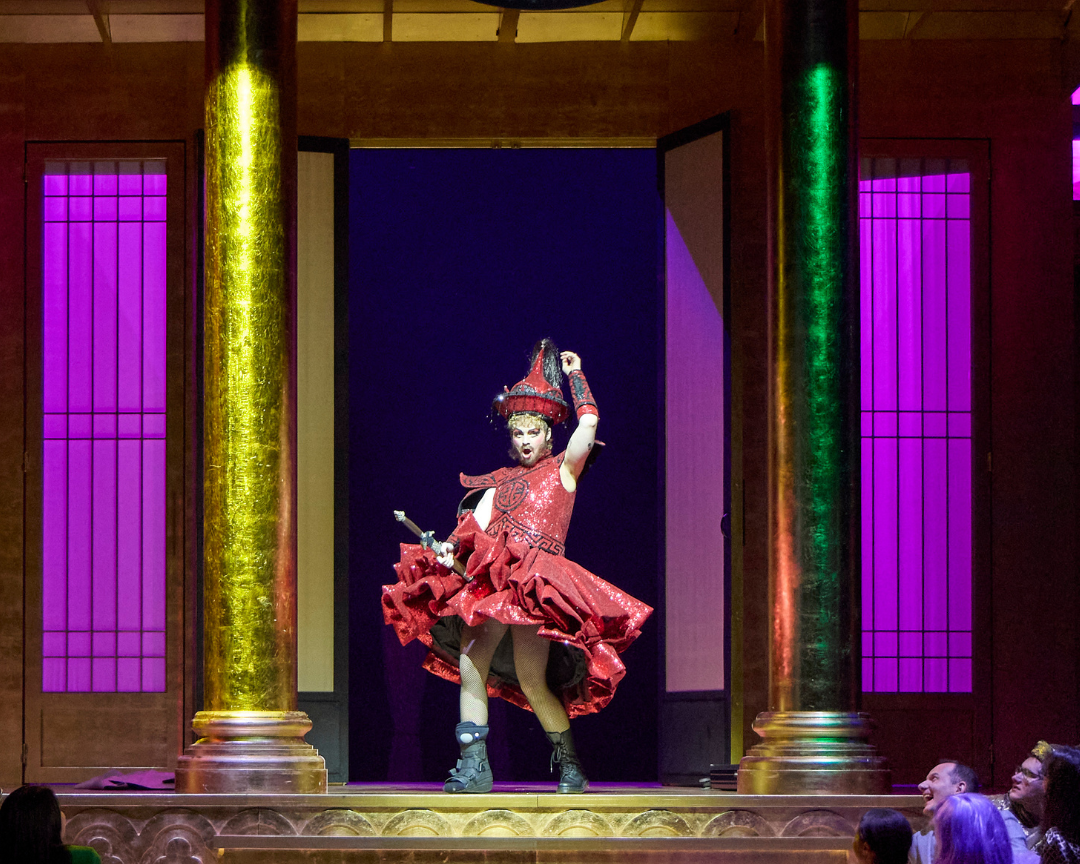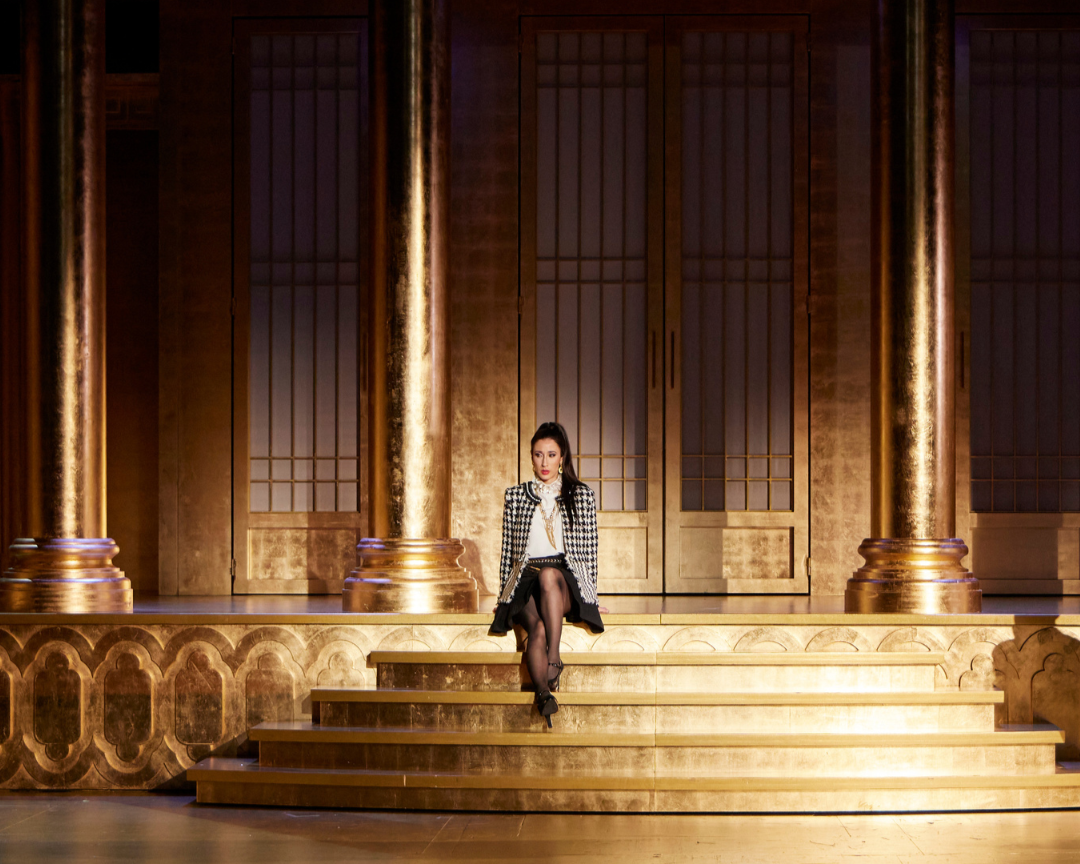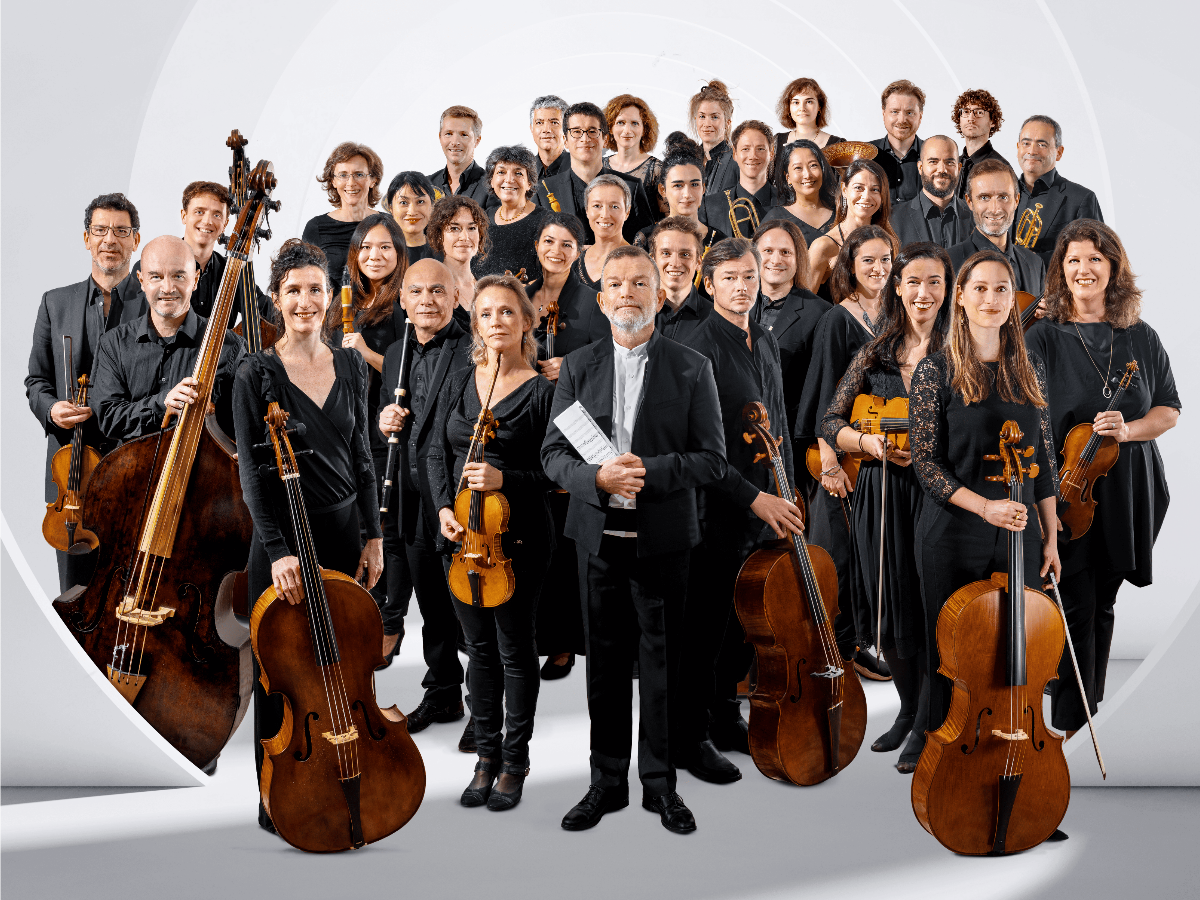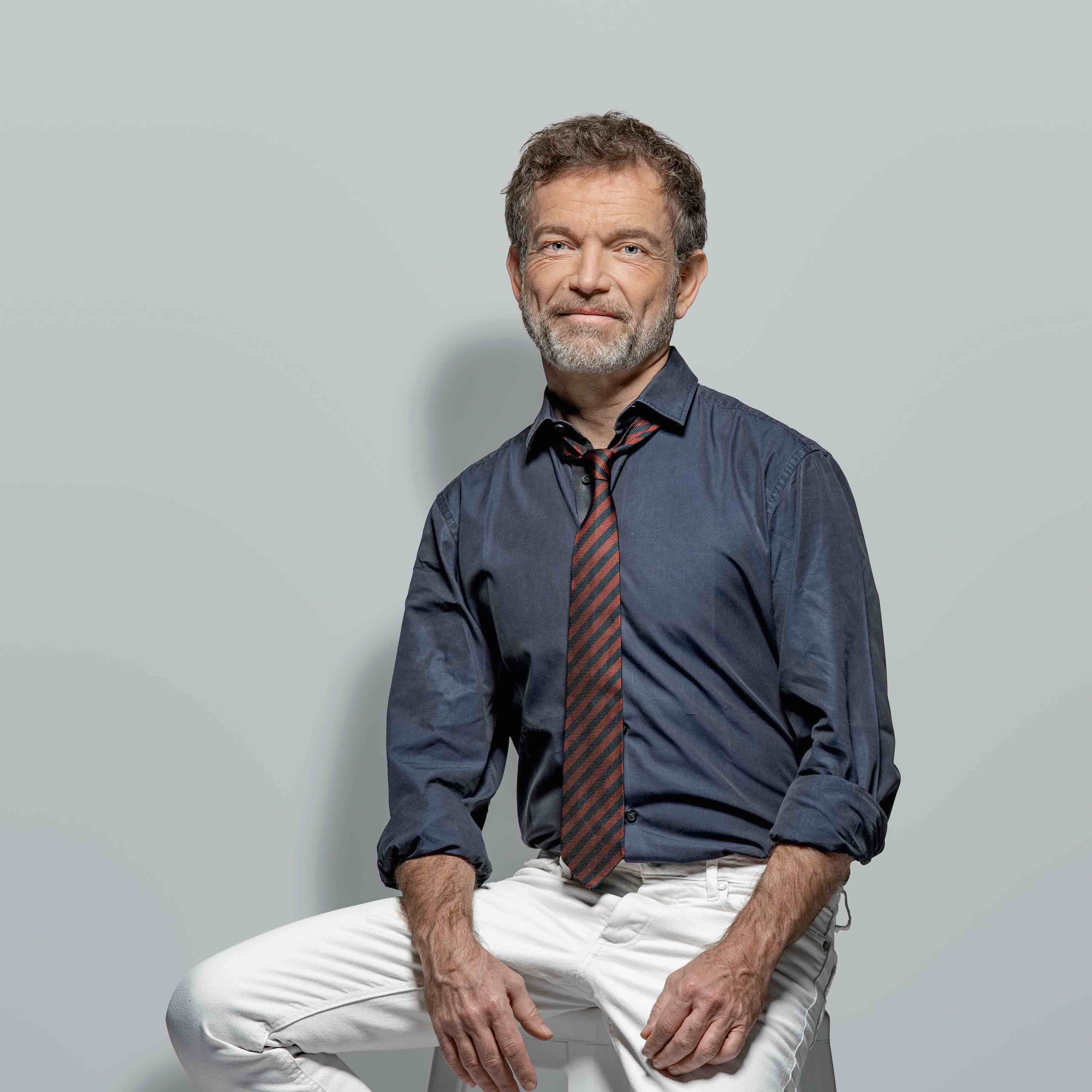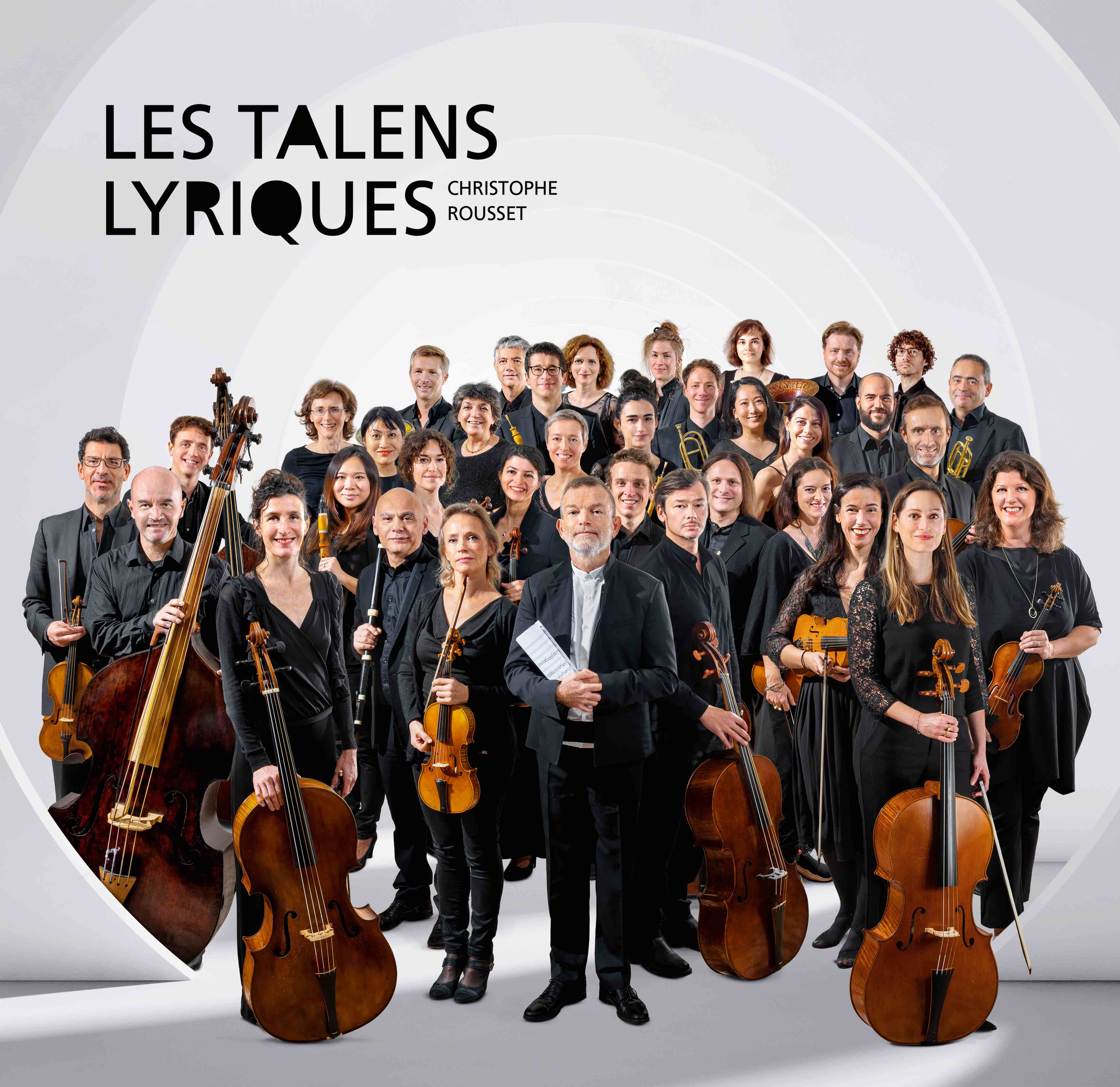Salieri Finds His Voice Again with Les Talens Lyriques and Christophe Rousset
Exactly 200 years ago, on May 7th, 1825, Antonio Salieri passed away. For the past twenty years, Christophe Rousset and his ensemble Les Talens Lyriques have been passionately dedicated to restoring his work, far from the clichés that long reduced the composer to Mozart’s antagonist.
With La Grotta di Trofonio (2005), they began an ambitious project of rediscovery, which has since grown to include no fewer than five recordings. Today, they unveil the latest chapter in this critically acclaimed undertaking on the Aparté label: Cublai, gran kan de’ Tartari (1788), a censored opera that was never premiered — and yet bursts with delightful audacity.
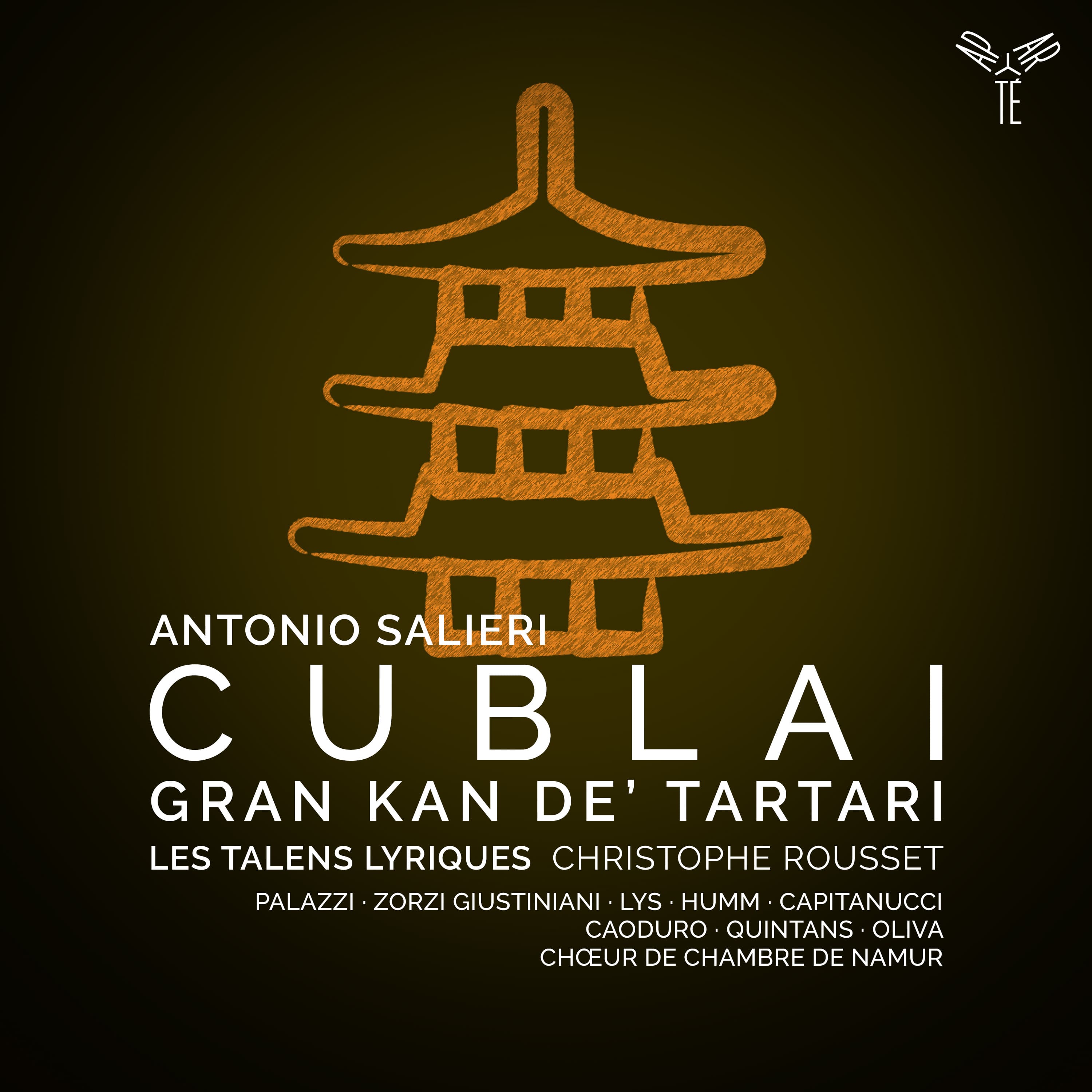
In this vibrant work, Salieri unleashes his full heroic-comic energy. Giambattista Casti’s libretto, which sets the action in Cathay, northern China, barely conceals a biting satire of the European monarchies of the time.
Through an orientalist and deliberately absurd plot, it portrays a grotesque and arbitrary power embodied by the character of Cublai — a whimsical and authoritarian grand khan who recalls Peter the Great (the Russian tsar known for his authoritarian temperament, sweeping reforms, and absolutist rule).
Far from the academic rigidity often associated with his name, Salieri here reveals a biting wit, remarkable musical inventiveness, and a striking sense of theatricality.
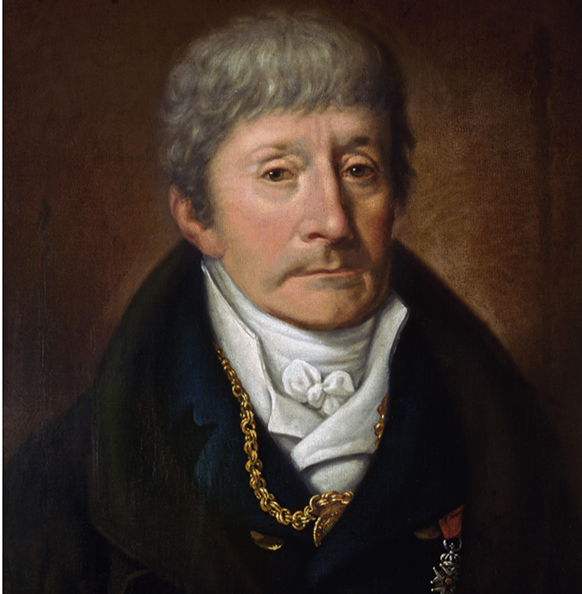
Censored before it could even be premiered — likely deemed too subversive for its time — Cublai, gran kan de’ Tartari remained in the shadows for over two centuries. A first attempt at revival emerged in the 1990s, in a German-language version, but it wasn’t until 2024 that the work finally returned to its original language and form.
It was at the Theater an der Wien that Christophe Rousset conducted the original Italian version for the first time, before recording it in the studio with Les Talens Lyriques — a decisive step that brings out the full richness of the score. Released in 2025, the album coincides with the bicentenary of Salieri’s death, marking a rehabilitation that is both symbolic and necessary. With the stylistic precision and dramatic vitality that are the conductor’s hallmark, this new recording restores the opera to its rightful place in history, revealing a bold and sharp-witted Salieri.
"Christophe Rousset takes hold of the music with enthusiasm, infusing each aria and ensemble with unwavering and remarkable vitality."
Opera Magazine

